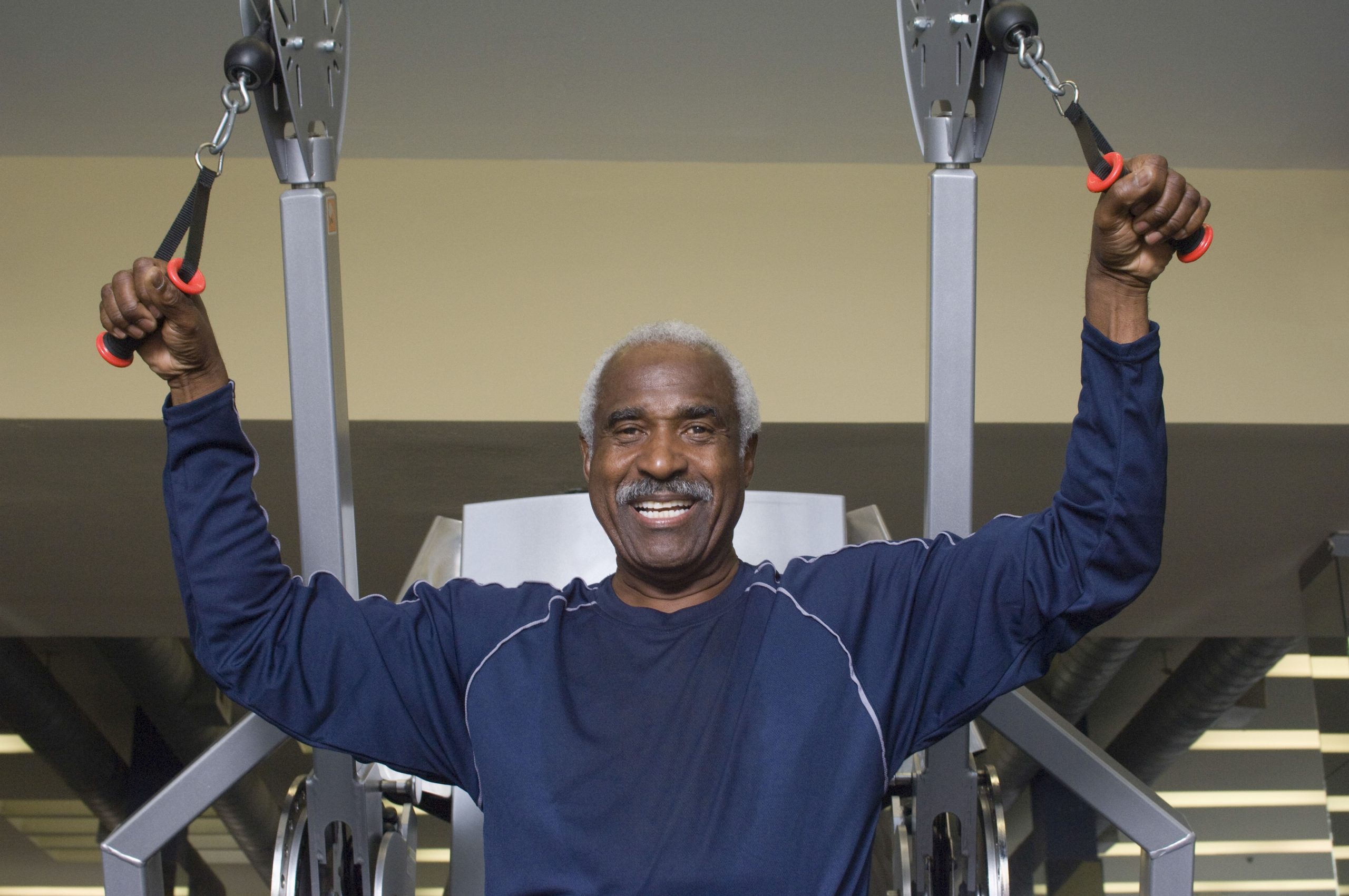Stereotypes: they are insidious, slowly penetrating society’s psyche, gaining in strength, whilst sapping ours, always in the shadows, malevolent, creeping up on us unawares before jumping out to scar, belittle and put people down. Ageist stereotypes frame a section of the population as needy, past it, not able to develop anymore or at worse not capable of contributing to society or able to think for themselves. No matter what ism we are talking about stereotypes are a scourge. A general framing of a section of society is just downright wrong, misguided and an uneducated, simplistic, lazy and distorted view of reality.
It’s also trite to think that stereotypes do no damage that they are in some way a term of endearment, an innocent use of humour be that self-deprecating or otherwise. Because, central to what we all think about one cohort of the population in general tends to be how we end up treating people as individuals, the value we attach as a society to that group, and it also goes a long way in determining public policy.
So, what are some of the damaging ageist stereotypes we hear all too frequently:
You can’t teach an old dog new tricks; older people may not have been born in the digital age, with all the technological tools many of us take for granted today, but it is so wrong to think that those skills cannot be taught and used. My 86-year-old father-in-law uses his iPad and PC to do most of his on-line shopping and keeping in touch. He regularly uses Facetime reads a digital newspaper and can often be found surfing the net to solve a problem. As a Boldie myself I have learnt how to master publishing and design software as well as how to edit podcasts. Skills I never thought I would end up using, but use I do. And for goodness’s sake who do we think trained the technology entrepreneurs amongst us and built the technological foundations that most of today’s world sits upon.
Then there are the stereotypes that say old people are frail and in need of support, embodied in the UK road signs showing old people crossing the road. Again, a complete fallacy as most older people are as fit as a fiddle, well into their 80 and 90s and many and there are plenty of examples of elite senior sports people like Fauja Singh and Arlene Advocate. Fauja Singh only started running marathons at the age of 89 and holds the world record for his age group finishing in 6 hours and 54 minutes, 58 minutes ahead of the previous record. Since then, he has gone on to run 8 more marathons and is the only person we could find on record to have run a marathon in his 100s. At 82 years old Arlene Advocate is a proponent of parkour, a sport where people leap over walls, jump down from buildings and balance on railings. They are not alone just look up Helen Klein, Ida Keeling, Madonna Buderor, Glenn Vanderlinde, Frank Winters, Sylvester Stallone, Gene Dykes, Jacinto Bonilla to name but a very few.
Another harmful stereotype is that older people are a drain on society. When the truth is anything but. Many of these so-called drains on society do amazing work in the community to support people by running community initiatives, transporting people to hospital as volunteer drivers, working in the charity and care sector, some are counsellors, others look after grandchildren whilst their parents go out to work. Many are part of the army of unpaid carers looking after loved ones, young or old and which save the NHS and ultimately us, billions of pounds a year. Many start businesses in their 50s and 60s and beyond and together employ thousands of people across the UK. Furthermore, there are plenty of examples of retired nurses, doctors and others that have volunteered or gone back to their profession to help colleagues during the pandemic. On top of that, the European silver economy, if it were a country would be the third largest sovereign wealth country in the world. This older cohort keep the wheels of the economy going and younger people in jobs.
So, before you use some trite old hackneyed and well used phrase, think about what it is perpetuating. Let’s all get behind a more positive set of messaging – WE ARE not we were; I AM not I was, WE DO not we did. Let’s be bold. If we make a start now it should be a more positive age for all of us and I do mean ALL of us.
